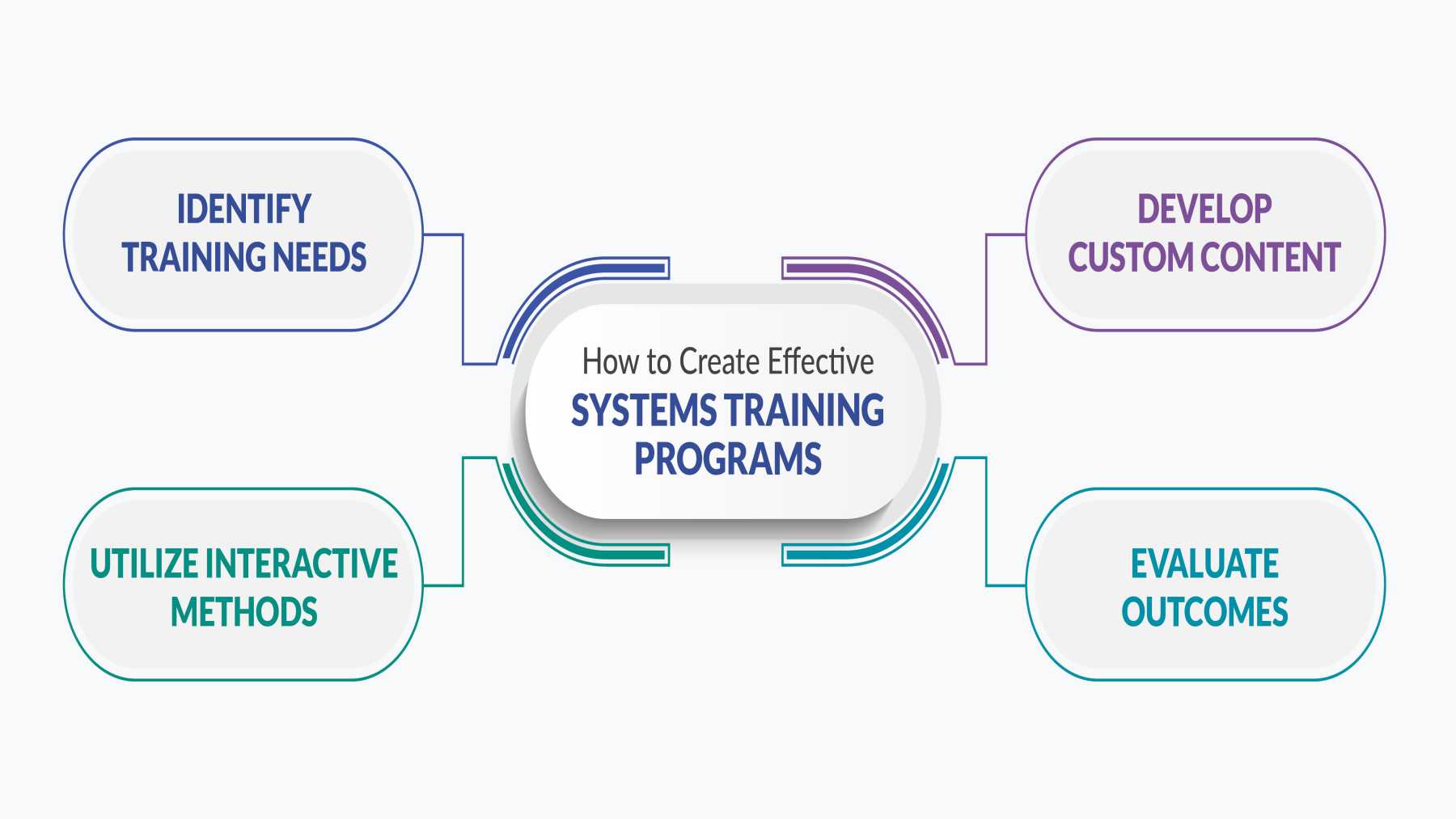
Aptara’s Systems Training services are designed to equip your workforce with the skills needed to effectively use complex systems and software. Our training programs are tailored to meet the unique needs of your business, ensuring that your team can navigate and utilize these systems with confidence and efficiency. We recognize the critical role that well-trained employees play in the success of any organization, and our comprehensive training solutions are designed to maximize both individual and organizational performance.
How to Create Effective Systems Training Programs:

Best Practices for Systems Training in Enterprises:
Systems Training for Non-Technical Users:
Customizing Systems Training for Different Business Needs:
Aptara’s Systems Training programs ensure that your employees are proficient and confident in using the systems and tools necessary for their roles, leading to increased productivity and efficiency. Our expertise in simulation-based and interactive learning ensures your team is well-prepared to handle complex systems. By providing customized, flexible, and engaging training solutions, we help you maximize the return on your technology investments and empower your workforce to excel in their roles.
Our Systems Training services also include continuous evaluation and support to ensure that the training remains effective and relevant over time. We work closely with your organization to identify any areas for improvement and make necessary adjustments to the training programs. This ensures that your employees are always up-to-date with the latest systems and software, and can effectively use them to achieve your business objectives.
To learn more about how our Systems Training can support your organization, contact us today. Let Aptara be your partner in creating a skilled and efficient workforce, capable of leveraging the full potential of your systems and software. Our comprehensive and tailored training solutions are designed to meet the unique needs of your business, ensuring that your employees are equipped with the skills and knowledge they need to succeed.




